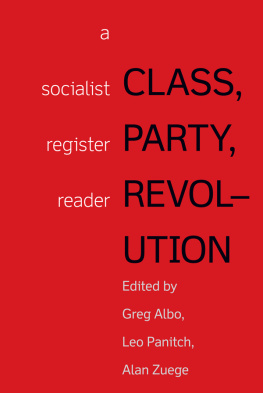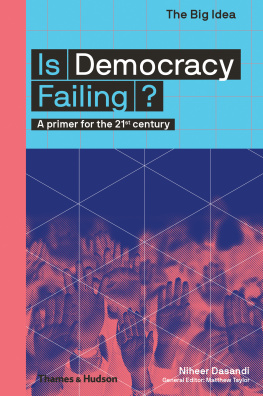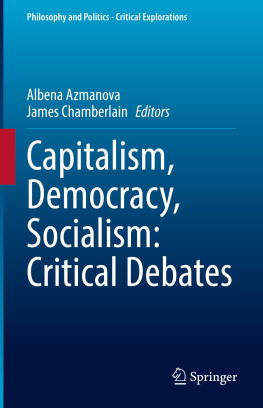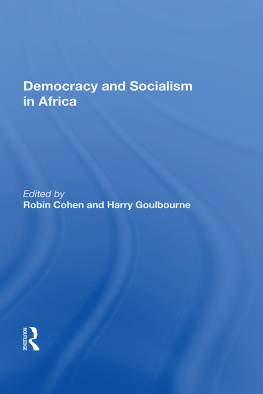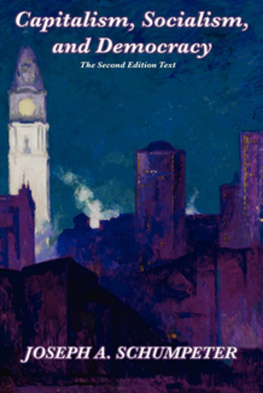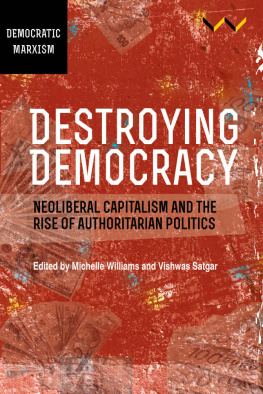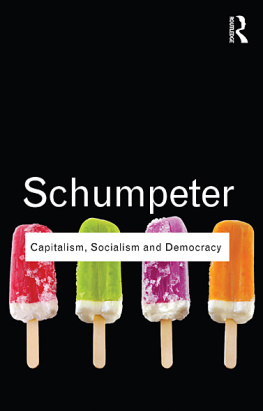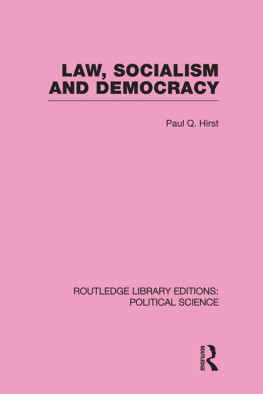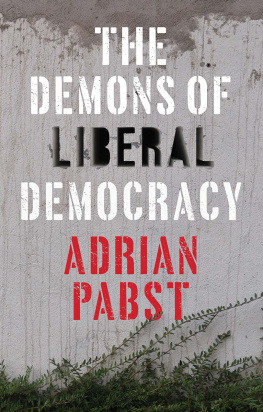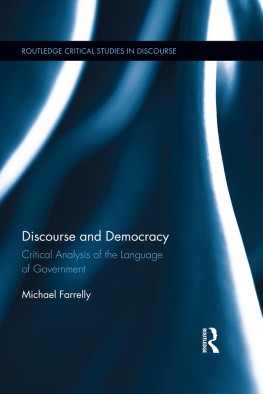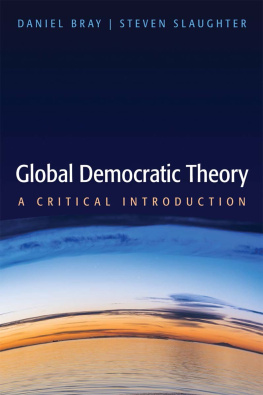SOCIALIST
REGISTER
2018
THE SOCIALIST REGISTER
Founded in 1964
EDITORS
LEO PANITCH
GREG ALBO
FOUNDING EDITORS
RALPH MILIBAND (1924-1994)
JOHN SAVILLE (1916-2009)
ASSOCIATE EDITORS
COLIN LEYS
ALFREDO SAAD-FILHO
ASSISTANT EDITOR
ALAN ZUEGE
EDITORIAL ASSISTANT
STEPHEN MAHER
CONTRIBUTING EDITORS
BASHIR ABU-MANNEH
GILBERT ACHCAR
AIJAZ AHMAD
ELMAR ALTVATER
HENRY BERNSTEIN
PATRICK BOND
ATILIO BORON
JOHANNA BRENNER
PAUL CAMMACK
VIVEK CHIBBER
GEORGE COMNINEL
MADELEINE DAVIS
BARBARA EPSTEIN
BILL FLETCHER JR
SAM GINDIN
BARBARA HARRISS-WHITE
DAVID HARVEY
JUDITH ADLER HELLMAN
CHRISTOPH HERMANN
NANCY HOLMSTROM
URSULA HUWS
RAY KIELY
MARTIJN KONINGS
HANNES LACHER
LIN CHUN
MICHAEL LOWY
EBNEM OUZ
CHARLES POST
ADOLPH REED JR
STEPHANIE ROSS
SHEILA ROWBOTHAM
JOHN S. SAUL
MICHALIS SPOURDALAKIS
HILARY WAINWRIGHT
To get online access to all Register volumes visit our website http://www.socialistregister.com
SOCIALIST
REGISTER
2018
RETHINKING DEMOCRACY
Edited by LEO PANITCH and GREG ALBO

First published in 2017
by The Merlin Press Ltd.
Central Books Building
Freshwater Road
London
RM8 1RX
www.merlinpress.co.uk
The Merlin Press, 2017
British Library Cataloguing in Publication Data is available from the British
Library
ISSN. 0081-0606
Published in the UK by The Merlin Press
ISBN. 978-0-85036-733-1 Paperback
ISBN. 978-0-85036-732-4 Hardback
Published in the USA by Monthly Review Press
ISBN. 978-1-58367-671-4 Paperback
Published in Canada by Fernwood Publishing
ISBN. 978-1-77363-002-1 Paperback
Printed and bound in the UK on behalf of Stanton Book Services
CONTENTS
Leo Panitch
Greg Albo |
Denis Pilon |
Sheila Rowbotham |
Martijn Konings |
James Foley
Pete Ramand |
Adam Hilton |
Natalie Fenton
Des Freedman |
Tom Mills |
Nina Power |
Ramon Ribera Fumaz
Greig Charnock |
Sharryn Kasmir |
Leandro Vergara-Camus
Cristobal Kay |
Michelle Williams |
Paul Raekstad |
Ian McKay |
Alex Demirovi |
CONTRIBUTORS
Greig Charnock is a senior lecturer in international politics at the University of Manchester.
Alex Demirovi teaches at the University of Frankfurt am Main and is a senior fellow at the Rosa Luxemburg Foundation in Berlin.
Natalie Fenton is a professor of media and communications studies at Goldsmiths, University of London.
James Foley recently completed his PhD on the politics of the Scottish economy at the University of Edinburgh, and is the co-author with Pete Ramand of the forthcoming What is Scottish Independence For?
Des Freedman is a professor of media and communications studies at Goldsmiths, University of London.
Ramon Ribera Fumaz is Director of the Urban Transformation and Global Change Laboratory at the Universitat Oberta de Catalunya.
Adam Hilton is a visiting lecturer in politics at Mount Holyoke College in Massachusetts.
Sharryn Kasmir is a professor of anthropology at Hofstra University in New York.
Cristobal Kay is a professor of development studies at the University of London School of Oriental and African Studies.
Martijn Konings is a senior lecturer in political economy at the University of Sydney.
Ian McKay is Chair of the Wilson Institute for Canadian History at McMaster University in Hamilton, Ontario.
Tom Mills is a lecturer in sociology at Aston University in Birmingham, England.
Dennis Pilon is an associate professor of politics at York University in Toronto.
Nina Power is a senior lecturer in philosophy at the University of Roehampton in London.
Paul Raekstad is a post-doctoral fellow in political science at the University of Amsterdam.
Pete Ramand is completing his PhD in sociology at the University of Wisconsin-Madison. He is co-editor of Old Nations, Auld Enemies, New Times: Tom Nairn, Selected Works (Luath, 2014).
Sheila Rowbothams most recent book is Rebel Crossings: New Women, Free Lovers, and Radicals in Britain and the United States (Verso 2016). Her essay, Dear Dr. Marx: A Letter from a Socialist Feminist, appeared in the 1998 Socialist Register.
Leandro Vergara-Camus is a senior lecturer at the University of London School of Oriental and African Studies.
Michelle Williams is an associate professor of sociology and chair of the Global Labour Studies programme at the University of Witswatersrand, Johannesburg.
PREFACE
We have conceived this 54th volume of the Socialist Register on Rethinking Democracy as a companion volume to the 2017 volume on Rethinking Revolution. As we put it in the preface to that volume: The political event of gaining state power, whether by taking parliament or in a collapse of the existing political regime, has proven time and again to be less crucial than the social revolution of building capacities for self-government and the democratization and socialization of institutional resources... The event, in itself,... will never be a sufficient condition for the exploited and oppressed to build their own capacities for establishing collective, rather than competitive, ways of living through developing socialist democracy.
The Wilsonian rhetoric a hundred years ago of an essential opposition between revolution and democracy was reinforced for much of the twentieth century by the authoritarian cast of the Communist bloc countries; and by 1989, the triumph of capitalist liberal democracy was proclaimed as the end of history. But as the contradictions of neoliberal capitalist globalization have thrown up ever more reactionary responses of the kind our 2016 volume on The Politics of the Right examined in close detail across a broad range of states, the antagonism between capitalism and democracy is increasingly visible. It becomes in this context all the more important to help lay some foundations for the new visions, organizations, practices, and institutions that will be required for the development of socialist democracy in the twenty-first century.
The essays with which this volume opens serve as a sharp reminder that the achievement of what is known as democracy today involved profound and protracted social struggles by working-class people, men and women, which were always resisted by those whose privileges and property were thereby challenged. The concept of post-democracy which has gained such currency in theoretical and political debate as a label for how neoliberal economic forces are undoing the demos may be seen as neglecting how far the ideational and institutional traces of these resistances became embedded in actually existing liberal democracy. And as the essays on neoliberal democracy suggest, this laid the foundation for populist appeals in the name of defending our democracy by so many reactionary and authoritarian forces. It is in this context that the deployment of referenda as useful instruments for restoring political credibility have suddenly turned into objects of fear for the conventional state managers of globalized capitalism.
Next page

